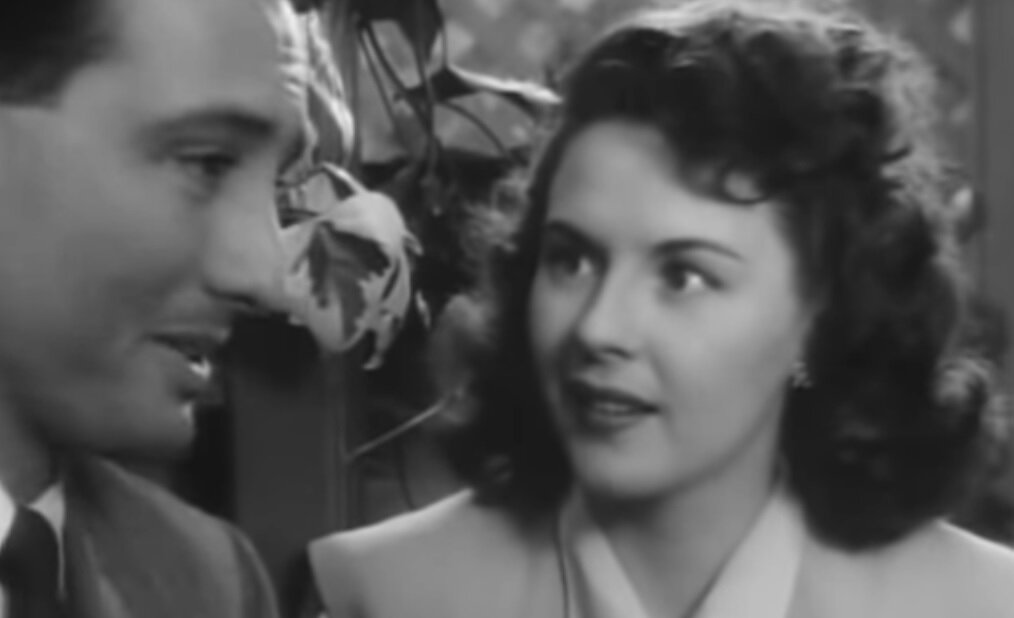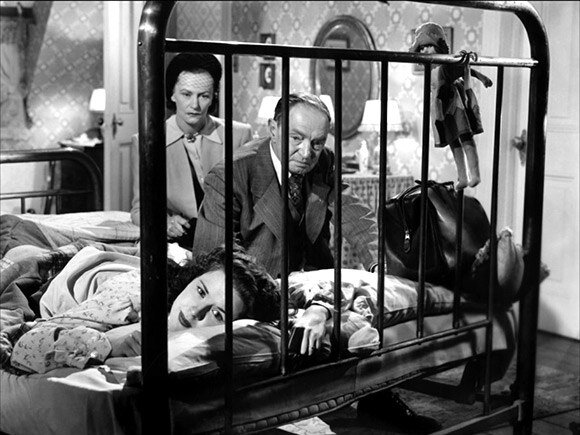Screenshot
By Andrea Thompson
We all love to glorify young love. How can we be blamed? Is there a feeling that compares to that first dizzying fall, which generally coincides with a time in our lives where adulthood encroaches but hasn’t quite taken hold in the form of rent, bills, and dependents?
Much as we idolize youth, we often fail to take into account the complete and utter unpredictability of it, especially when that first relationship takes hold. Maria Maggenti knows though, and her 1995 film “The Incredibly True Adventure of Two Girls in Love” is a tender form of exorcism, a way to transform the whirlwind of emotions which accompanied her own first love into something she could finally process.
It’s a kind of artistic alchemy most are familiar with, even if only from the outside. As for Maggenti, she waits until the final ambiguous frame of high school seniors Randy Dean (Laurel Holloman) and Evie Roy (Nicole Ari Parker) for the dedication: “For my first girlfriend. May our relationship finally rest in peace.”
By the time Maggenti has let out her cinematic sigh of relief, it’s hard to think of anyone that Randy and Evie aren’t at odds with. Friends and family alike have gotten pulled into the drama that can often result from two girls finding each other in a fairly hostile environment.
Both of them have support systems in place that are also indicators of their respective, opposite places in life - Evie from her relatively privileged world and loving mother, and Randy with her lesbian aunt Rebecca (Kate Stafford) her aunt’s girlfriend Vicky (Sabrina Artel), along with her sole friend at school, the relatively out Frank (Nelson Edwin Rodríguez).
It’s much needed in a town so small that when Evie asks Randy where she is shortly after her arrival, Randy replies in typical teenage snark with “the middle of nowhere.” Queerness still abounds however, with Randy meeting clandestinely with Wendy (Maggie Moore) a 27-year-old married woman, along with cameos with others who are on the down low, with two women of a certain age in a hotel who ask inquiring parents if they were sent by their husbands.
Evie and Randy’s growing connection has the added baggage of young queer lovers who are finding each other in a pre-Internet rural area. It’s enough that Randy’s aunt Rebecca and Vicky end each day with a secular note of gratitude that they made it through another one, and as Evie and Randy share stories, secrets, and Walt Whitman’s “Blades of Grass,” the fact that they’ve connected with another artistic soul is enough to send them into a swoon, making everything and everyone else pale into insignificance.
The mutual longing in a time of landlines no doubt aids in the pining as well. It’s highly doubtful that nostalgia is what Maggenti had in mind, what with the open hostility from their community, with nearly everyone feeling free to comment on Randy’s masculine appearance, and the often vicious slurs and harassment thrown her way. But the 90’s pining can hardly be avoided when characters drop period references and even confidently state that there’s no KGB anymore.
Screenshot
So when Evie and Randy’s relationship is discovered in the worst way possible, along with another academically related development Randy has been hiding, things spiral in a chaotically funny climax that brings everyone the two have relegated to side status together. By the film’s final frame, which sees them united yet ambivalently teetering on the cusp of adulthood and its complications, it’s bittersweet in its beauty.
Clearly, the two have and will leave their mark on each other. But little else is clear by the end of “The Incredibly True Adventure of Two Girls in Love,” other than that the process of growing up will impose other, more stifling limitations. Yet what else is first love but sweet sorrow?




















